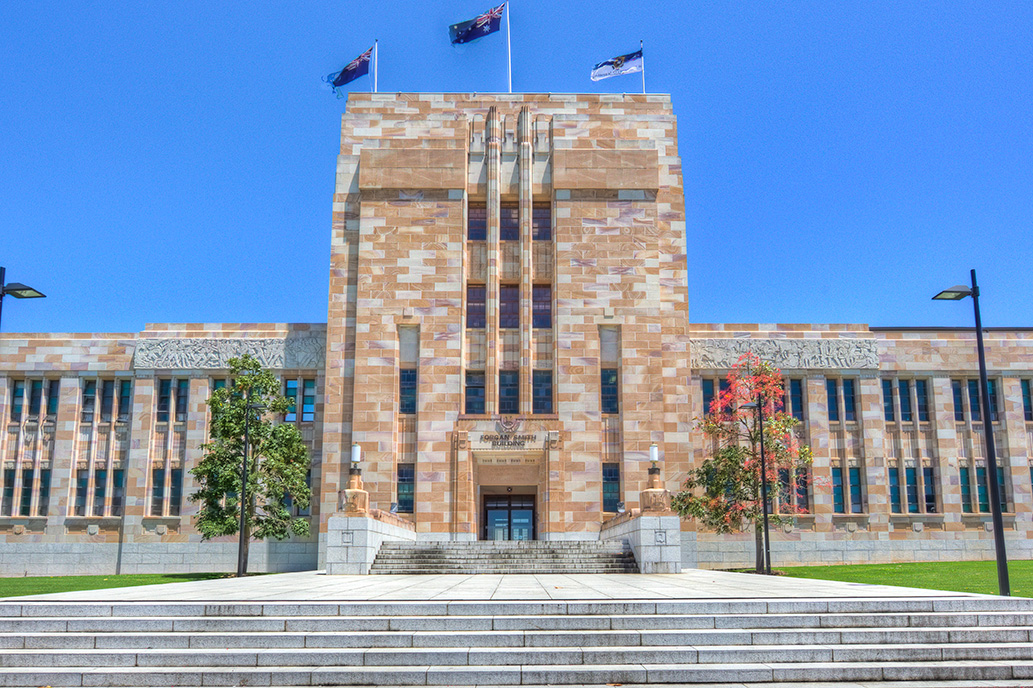 Exploring how people make decisions and the relationship between foot morphology and foot function were among UQ projects awarded in the Federal Government Australian Research Council grants.
Exploring how people make decisions and the relationship between foot morphology and foot function were among UQ projects awarded in the Federal Government Australian Research Council grants.
The Australian Research Council announced $81.8 million in grants to fund 200 research projects through the Discovery Early Career Researcher Awards (DECRAs).
DECRAs are highly competitive and support Australia’s next generation of researchers working in key priority areas to grow Australia’s research and innovation capacity.
DECRAs awarded to researchers from UQ’s Faculty of Health and Behavioural Sciences:
Dr Nathan Evans, UQ School of Psychology
 $426,770 to enhance our understanding of everyday thinking through experimental cognitive science
$426,770 to enhance our understanding of everyday thinking through experimental cognitive science
Dr Nathan Evans said the grant will provide research time, funding, and opportunities that would not have been possible otherwise.
“I came up with the idea for this research project a couple of years ago, and although I've always thought that it was an extremely interesting and important topic, I unfortunately haven't had the time or the resources to properly investigate it in my previous positions. The DECRA will allow me to focus on extending decision-making research to changes of mind, and to potentially change both how people think the internal decision-making process operates, as well as the way that other researchers study decision-making.”
Summary of Research Project
The research project focuses on how people change their mind before, during, and after making decisions, and what these changes of mind can tell us more generally about how the internal decision-making process operates. This will hopefully provide a more complete understanding of how people make decisions, and why changes of mind occur.
Dr Luke Kelly, UQ School of Human Movement and Nutrition Sciences

$400,000 to explore the relationship between foot morphology and foot function
Dr Luke Kelly said this finding will allow us to answer the long-standing question, does the shape of our feet actually matter?
“I will receive further advanced training in computational biomechanics and evolutionary biology, broadening my knowledge and technical skill base. I will have the opportunity to train and mentor younger researchers, while continuing to learn from international leaders across multiple research disciplines and global institutions.”
Summary of Research Project
Human feet are unique in shape and structure and from an evolutionary perspective, adaptations in the shape and structure of our feet were key milestones that allowed us to evolve to upright walking and running. But there is vast variation that exists in the shape of healthy human feet. Within the population we often observe people with extremely high-arched and completely flat feet. There is also substantial variation in the width and length of our feet. Yet, despite their widely accepted importance, we have very little understanding of how the shape and structure of our feet, influences our ability to walk and run.



